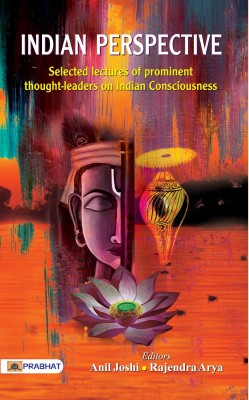Indian Perspective(English, Paperback, unknown)
Quick Overview
Product Price Comparison
When our army was winning, what was the need for a ceasefire? What was the need to halt the attack? Had it not been done at that time, the whole of Kashmir would have been an integral part of India today. Pakistan-occupied Kashmir would not have come into existence. Regrettably, it was never brought into the discussion as to why an untimely ceasefire was declared? What was the compulsion? In no history has it been written that the war-winning army declares a ceasefire at a time when a large part of its territory is occupied by foreign forces! Then the United Nations was approached on 1st January, 1948. This decision was also a personal decision of Prime Minister Jawaharlal Nehru. It was a big mistake; the country bore the brunt of it for years.ŌĆöAmit ShahUnion Home MinisterWe saw that the Leftist, elite society, the power system, the media had already established their narrative over the last several decades. These widely propagated narratives were the so-called truth. It was about our society, nationality, Ramjanmabhoomi, the inalienability and inevitability of Article 370 in Kashmir, social harmony, the role model of the country, the Western model of development, the imperative of English, etc. These were in relation to the beliefs and faith in so-called values which developed an inferiority complex about our history and past at the cost of our history and glorious knowledge tradition.ŌĆöAnil JoshiVice Chairman, Kendriya Hindi Shikshan Manda


